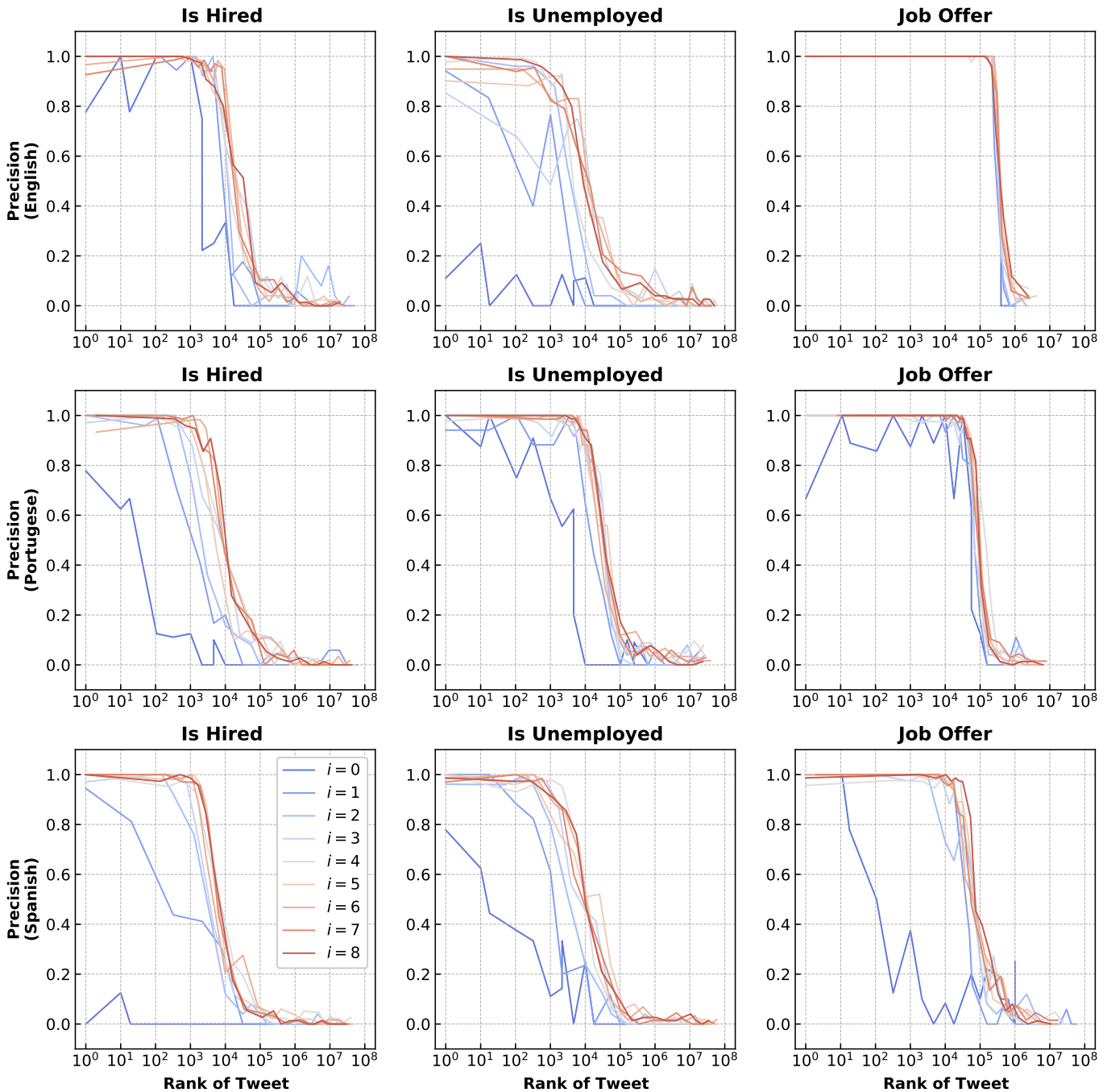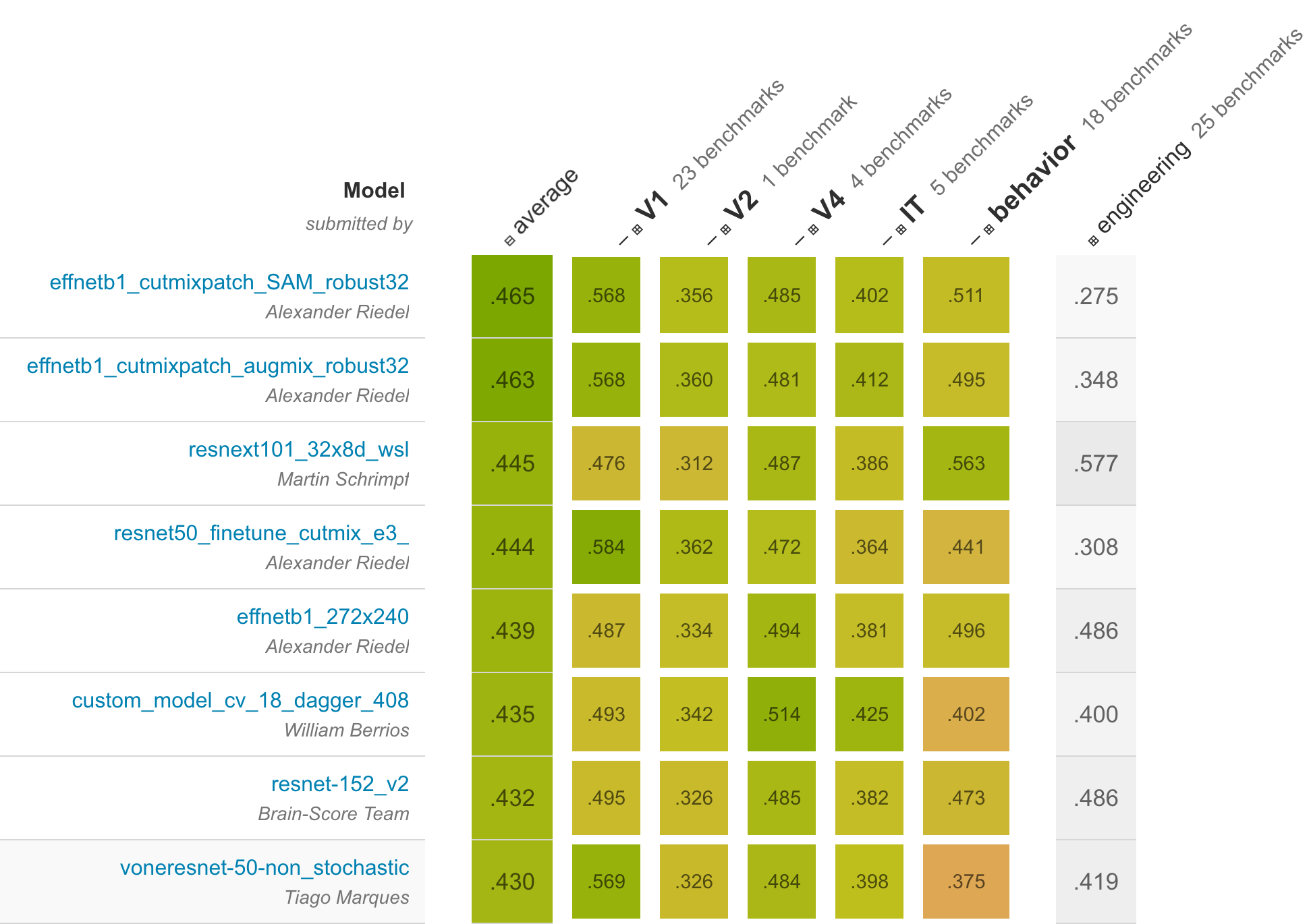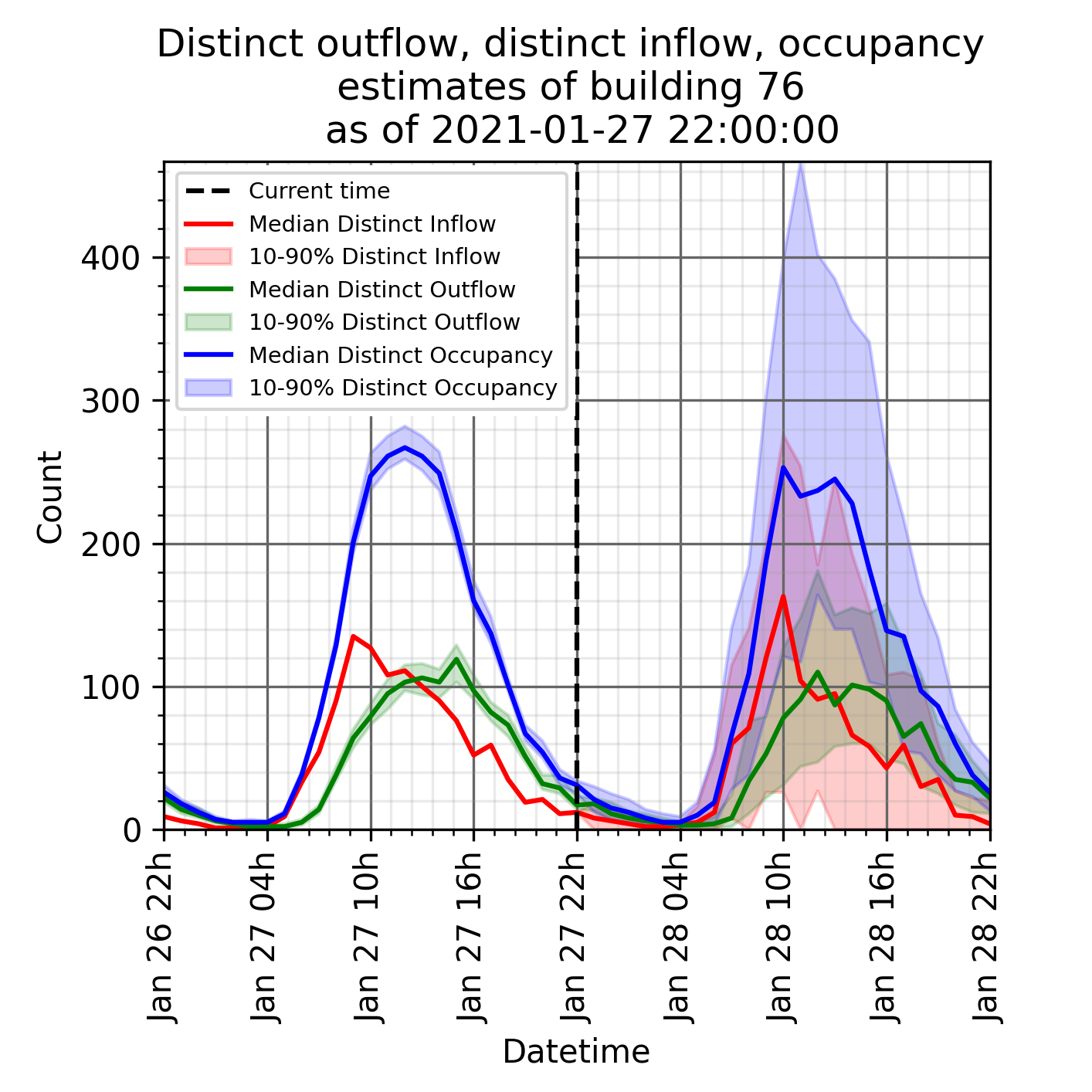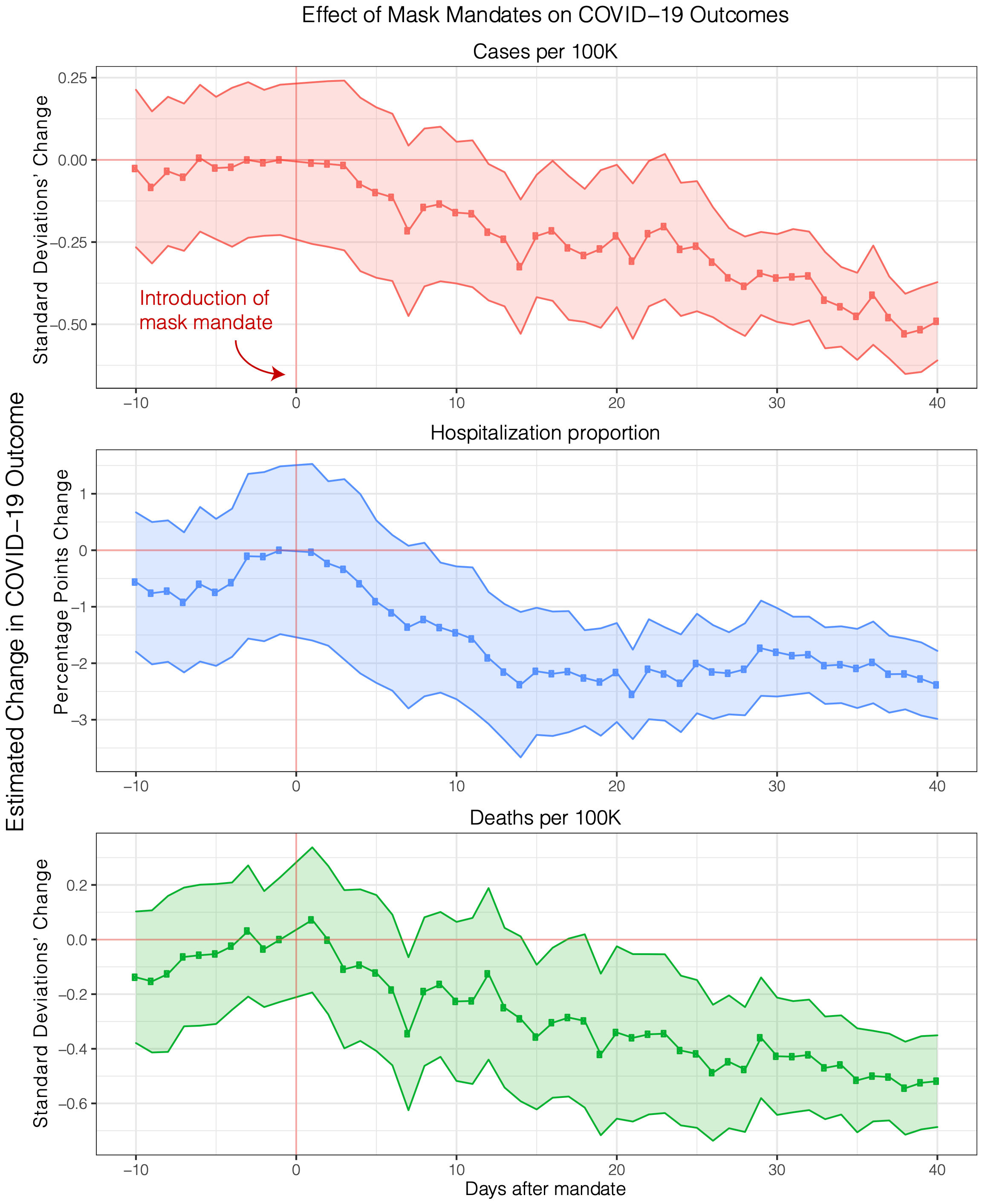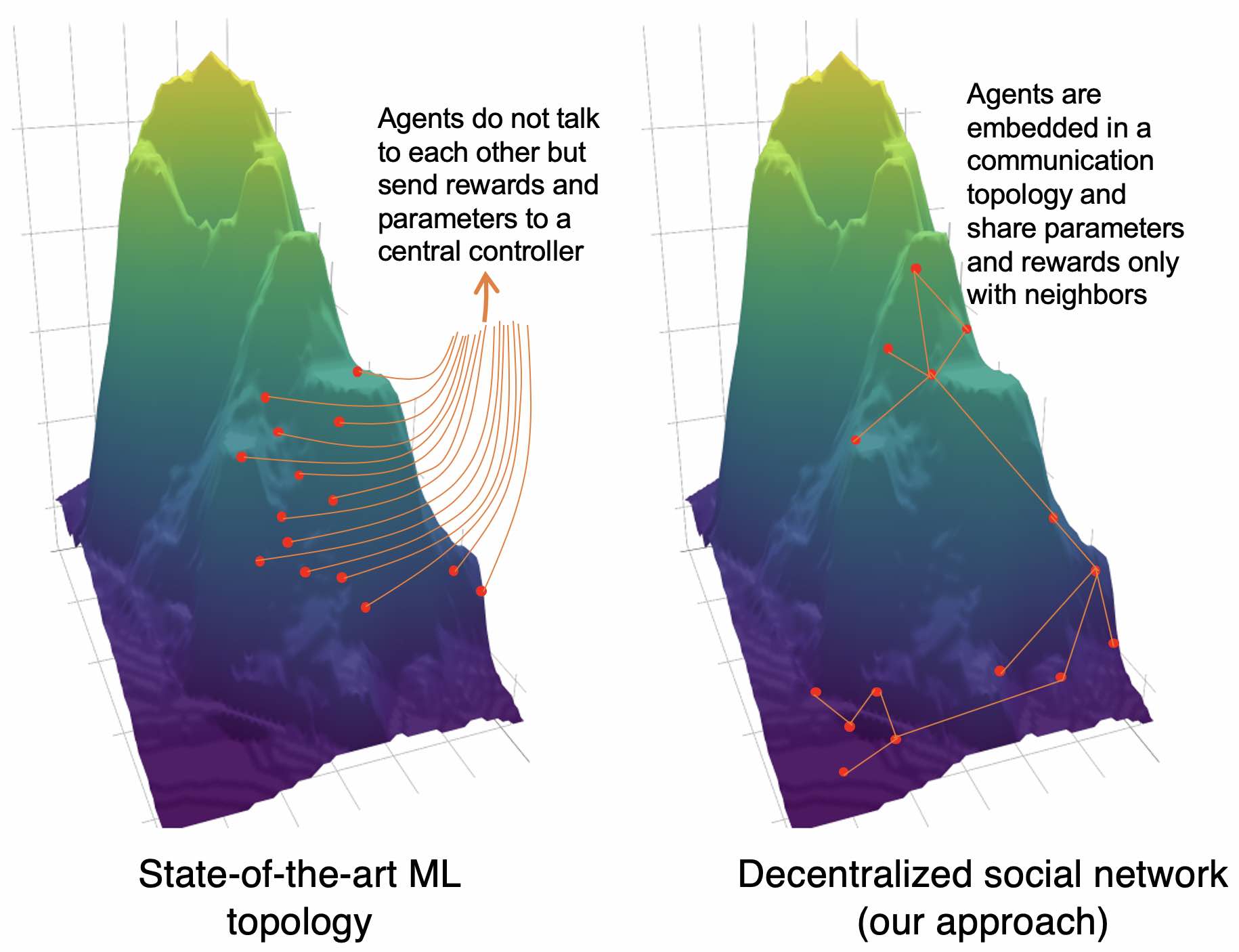I am Dhaval Adjodah, a machine learning and policy
researcher working on pushing the limits of modern machine learning while maximizing its social good.
Currently, I am a Fellow at Schmidt Futures focusing on funding artificial intelligence and social media research and policy. I also share responsibility in advancing Schmidt Futures’ Scientific Knowledge portfolio by identifying and supporting ideas, research areas, people, and technologies that are underfunded but show tremendous potential for high-leverage and scalable positive change.
Prior, I was a research scientist at the MIT Quest for Intelligence and the MIT Media Lab where I developed new machine learning algorithms using insights from cognitive science and social science. I also did impact-focused work for local communities with the Center of Complex Interventions and consulted for the World Bank to help build machine learning pipelines to track and implement SDG policy.
My PhD thesis was in computational social science and reinforcement learning, during which I was also a member of the Harvard Berkman Assembly on Ethics and Governance in Artificial Intelligence. Previously, I worked as a data scientist in banking and insurance, consulted with the Veterans Health Administration, and founded two startup incubators. I hold a masters degree from the Technology and Policy Program from the (now) MIT Institute for Data, Systems and Society, and a bachelors in Physics, also from MIT.
I enjoy being of service to the computer science and social science communities, most recently as a member of the organizing committee of the AI for Social Good conference workshop series, and on the program committees of the Black in AI initiative and Theoretical Foundations of Reinforcement Learning workshop.
My email is contact dot dval dot me at gmail dot com. Github here. I do not check LinkedIn often.
Highlighted Projects:
Why Voters who Value Democracy Participate in Democratic Backsliding

Around the world, citizens are voting away the democracies they claim to cherish. Here we present evidence that this behaviour is driven in part by the belief that their opponents will undermine democracy first. In an observational study (N = 1,973), we find that US partisans are willing to subvert democratic norms to the extent that they believe opposing partisans are willing to do the same. In experimental studies (N = 2,543, N = 1,848), we revealed to partisans that their opponents are more committed to democratic norms than they think. As a result, the partisans became more committed to upholding democratic norms themselves and less willing to vote for candidates who break these norms. These findings suggest that aspiring autocrats may instigate democratic backsliding by accusing their opponents of subverting democracy and that we can foster democratic stability by informing partisans about the other side’s commitment to democracy.
[Nature Human Behavior publication,
Nature "Behind the Paper" news,
UC Berkeley news coverage,
PDF]
Multilingual Detection of Personal Employment Status on Twitter
We built a Bert-based NLP active learning pipeline to detect extremely rare personal employment disclosures on social media which allows us to
evaluate different active learning strategies for this task across 3 languages. One challenge in this work is the extreme class imbalance setting:
tweets about employment status are extremely rare in the sea of social media content (~1 in 10,000 tweets), which renders random sampling
ineffective for getting a sufficiently large number of positive examples to build a training set. Our Exploit-Explore strategy performs in
line with other more established active learning methods, but with additional bonus of allowing researchers greater interpretability
into the motifs explored by the model at each iteration
[ACL 2022 Paper]
Brain-Score for Computational Language Benchmarking
Our bet is that the closer neural network activations are to the in-vivo human brain recordings (e.g. fMRI), the higher performing will the machine learning models be. We created a software platform with extensible benchmarks to compare neural and human brain as they perform a large variety of langauge tasks. The intent of Brain-Score is to adopt many (ideally all) the experimental benchmarks in the field for the purpose of model testing, falsification, and comparison. To this end, Brain-Score operationalizes experimental data into quantitative benchmarks that any model candidate following the BrainModel interface can be scored on.
[Code]
COVID-19 Modular Monte Carlo Forecasting and Situational Awareness at MIT
At the beginning of the COVID-19 pandemic, MIT leadership requested that systems be built to understand and forecast COVID spread on campus. Our team at the MIT Quest for Intelligence, along with many other teams on campus, built two modular Monte Carlo systems that were used by the Institute's leadership to make policy decision for the thousands of students, staff and faculty on campus. One system was used to provide situational awareness by ingesting live data streams to predict if short-term (hours) building occupancy, inflows, and outflows remain at safe levels. Another system was used for longer term (weeks) prediction of building usage, conditional on campus reopening policies.
[Technical (math) documentation, Code]
Accuracy-Risk Trade-Off Due to Social Learning in Crowd-Sourced Financial Predictions
A critical question relevant to the increasing importance of crowd-sourced-based finance is how to optimize collective information processing and decision-making. Here, we investigate an often under-studied aspect of the performance of online traders: beyond focusing on just accuracy, what gives rise to the trade-off between risk and accuracy at the collective level? We conducted a large online Wisdom of the Crowd study where 2037 participants predicted the prices of real financial assets (S&P 500, WTI Oil and Gold prices). Using models inspired by Bayesian models of cognition, we show that subsets of predictions chosen based on their belief update strategies lie on a Pareto frontier between accuracy and risk, mediated by social learning.
[Entropy paper link, Code]
Mask mandates, adherence, and attitudes on COVID-19
We investigate an unprecedented breadth and depth of health outcomes, geographical resolutions, types of mask mandates, early versus later waves and controlling for other government interventions, mobility testing rate and weather. We show that mask mandates are associated with a statistically significant decrease in new cases (-3.55 per 100K), deaths (-0.13 per 100K), and the proportion of hospital admissions (-2.38 percentage points) up to 40 days after the introduction of mask mandates both at the state and county level. These effects are large, corresponding to 14% of the highest recorded number of cases, 13% of deaths, and 7% of admission proportion. We also introduce the novel results that community mask adherence and community attitudes towards masks are associated with a reduction in COVID-19 cases and deaths.
[PLOS One paper link, Code]
Leveraging Communication Topologies Between Deep RL Agents
There has been a lot of recent work showing that sparsity in neural network structure can lead to huge improvements, such as through the Lottery Ticket Hypothesis. Coming from a computational social science background, we know that humans self-organize into sparse social networks. My hypothesis was that organizing the communication topology (social network) between agents might lead to improvements in learning performance. This is especially important because some machine learning paradigms—especially reinforcement learning—are becoming more and more distributed in order to parallelize learning, similar to how human society balances exploration and exploitation. Well, we find huge improvements: 10–798% improvement on the state-of-the-art robotics simulators! [AAMAS abstract link, Code, Full paper]

